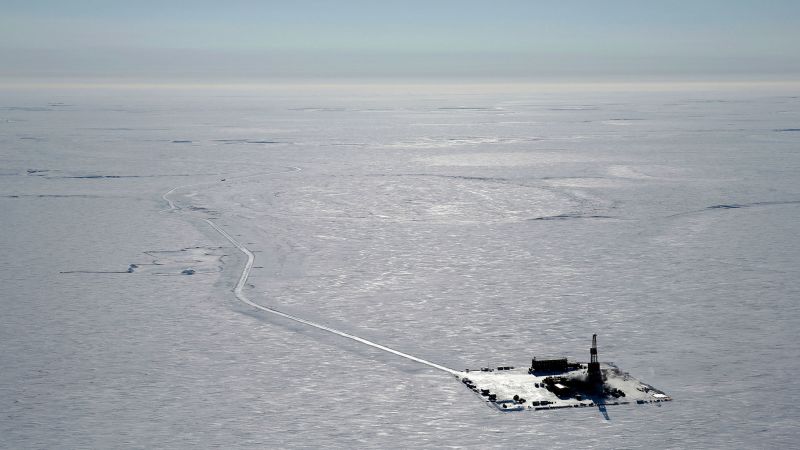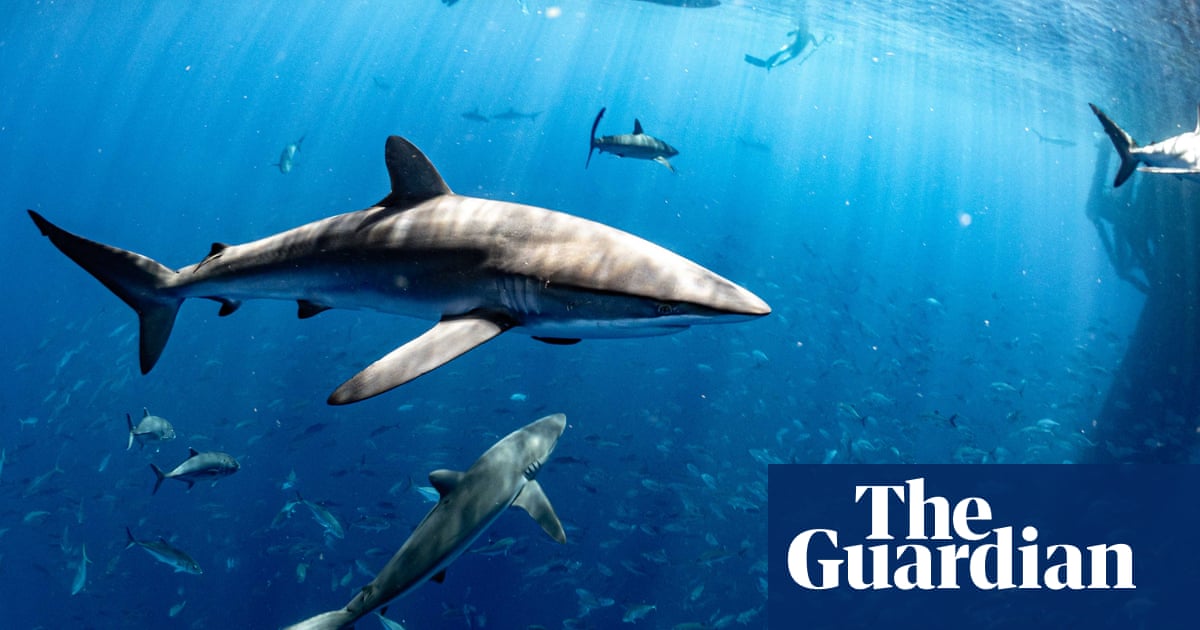- The Ripple
- Posts
- The Ripple - March 2023
The Ripple - March 2023
A Blue Newsletter
Happy March from The Ripple, a monthly newsletter by The Conservationist Collective, designed and updated specifically for all of us ocean people. Every month we highlight the biggest in global ocean news, share career opportunities for you, and give a peek into what we've been up to. This month was a full one - let's dive in!
But first, are you subscribed to our Blue Messages? We will text you amazing updates(like that Panama just announced protecting 54% of its oceans!) so you can have a splash of blue a few times a month. Text "TCC" to (833) 522 0992 to opt-in.
Under the Hood: What's New?
Aspen Ideas Conference - Miami Beach 2023
Recently Carissa was asked to speak about ocean health at the Aspen Ideas climate conference to the color of young future leaders. The conference is meant to bring together professionals around protecting our planet and accelerating solutions. Alongside other climate activists, the conference highlighted current research, climate change, and inspiring future environmental leaders. Only one thing stood out to us: how little the ocean was represented. As our largest carbon sink, how is the ocean not a central part of climate conferences and discussions? Don't get us wrong, we were able to tune into sessions on regenerative ocean farming and coastal resilience, and our session specifically focused on the intersection of ocean health, human health, and community-based solutions going on around the world. But when our ocean covers more than 70% of Earth, we need it included in every piece of local and national climate discussions. We were especially grateful to be given a platform to discuss indigenous-led and community-centric solutions like the Surf Conservation Partnership, Hawai'i Green Fee, and Kuleana Coral Restoration.
New Sustainability & The Sea Podcast Episode!
On this week's episode of Sustainability & The Sea Podcast we got to sit down with Dr. Peter Kalmus, a NASA climate scientists known as the activists who chained himself to the Chase Bank in 2022 to highlight the ways JP Morgan finances the climate crisis. Dr. Kalmus talks about how we can change social norms around climate solutions and build power in the movement together.
"I can't live with the knowledge of what's coming without doing everything I can to stop it." "We can't stay complacent and expect to solve this with electric vehicles." "The fossil fuel industry is not your friend"
Blue News
Willow Project 🔥
On March 13th, President Biden approved the controversial Willow oil drilling project in Alaska. The enormous project, lead by Conoco Phillips, has been moving through the legal approval process for months, generating massive outcries from environmentalists and activists surrounding the ways it 1) directly contradicts President Biden's climate commitments 2) threatens Arctic wildlife and ecosystems and 3) neglects the input from indigenous groups that live that. More than 1 million letters were sent to the White House and more than 3 million people have signed petitions. This decades long project is slated to take place in the National Petroleum Reserve on Alaska's north slope, potential recovering up to 600 million barrels of oil.
Environmentalists are concerned because the drilling project puts valuable surface resources, wildlife, public lands, and climate conditions at risk, and it wouldn't even begin producing oil for 30+ years. Environmental groups are racing against the clock to halt further actions. We cannot have additional fossil fuel projects and protect a habitable planet for future generations. You can help here.
Artificial Intelligence Saving Coral Biodiversity
Coral reefs are some of the most biologically complex marine ecosystems on the planet and they are responsible for supporting the health and biodiversity of oceans and millions of people around the world. Annalisa Bracco a professor and post doctoral environmental scientist has been studying methods conservationists can utilize AI technologies to monitor corals. Studying massive regions of coral like those found in the southeast Asia coral triangle are next to impossible due to the sheer expanse of biodiversity. Using AI technologies the scientists have been able to categorize coral domains that share similar habitats in regards to sea surface temperature, salinity, and geography. Find out how they are planning to utilize the AI when deciding regions to monitor. Read more
Deep Seas and High Seas Treaty
The high seas treaty poised to protect international waters has finally reached a deal at the United Nations conference in New York - an enormous first step to managing international waters. This international treaty has been in discussions for almost two decades as countries worked on developing legal frameworks to protect the ocean's biodiversity on the open ocean The historic treaty was finally agreed upon coinciding with the continued expansion towards the 30 by 30 pledge made by the UN last December. Almost two-thirds of the ocean lies outside of protected international boundaries and this new treaty will establish vast networks of Marine Protected Areas (MPAs) reducing the loss of wildlife and resources. Read more
Ocean Careers
Blue Advice: Welcome to our new Ripple section featuring curated advice, strategies, and resources specifically designed for those of you interested in becoming marine biologists. We constantly get asked questions about how to enter this career field and we thought what better way to provide answers than with an entire section devoted to advice directly from marine conservationists! Here are some places to start, and keep asking your questions on our other platforms so we can give you all the answers you need.
Apply and Attend Conferences
One of the easiest ways build your network in our field is by attending conferences. Science and climate conferences happen all year in every part of the world and they are often attended by leading marine biologists, graduate students, government officials, and researchers. Our most recent episode of Sustainability & The Sea does a deep dive on what you can gain from conferences and how to attend them!
3 Tips for Attending:
Bring Business Cards (digital works!)
Apply to present an abstract or poster
Prep an elevator speech or intro about yourself ready for any opportunity
Featured Opportunities!
Our goal is to get as many people as possible involved in marine conservation.
JOBS
INTERNSHIPS
Youth Fellowship Grant Program - $2,500 to fund your local solution
Impact Storyteller, On Deck Fisheries
Research Experiences for Undergraduates, Bermuda Institute of Ocean Sciences
Community Feature: On Deck Fisheries
On Deck fisheries is a start-up founded by Gen Z leaders looking to address unsustainable fishing practices using AI. Their technology can help address needed gaps in monitoring bycatch and discards aboard fishing vessels to better manage fisheries on the high seas. Their automated catch monitoring approach is straight-forward and scalable!




